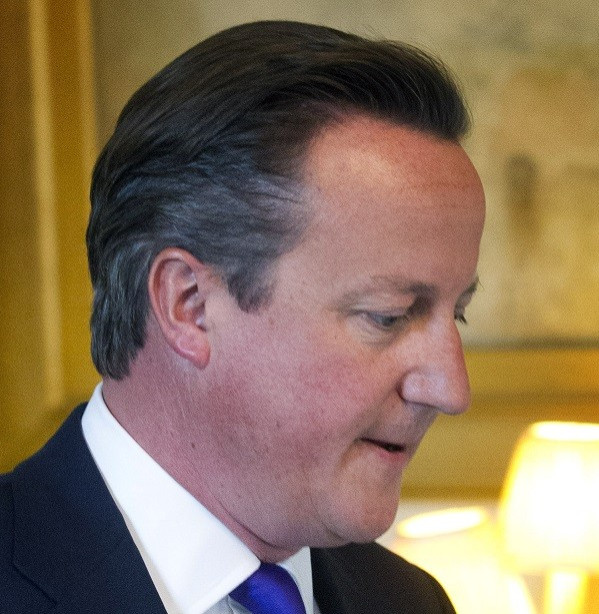Cameron Shifts Focus to Humanitarian Aid for Syria

David Cameron, still smarting from his Commons defeat over military action against Syria, is switching his focus to this week's G20 summit in Russia with demands for fresh diplomatic and humanitarian initiatives.
With signs that President Obama may be planning far wider strikes against Assad than originally believed, and with the UK withdrawing from key US military planning meetings, Cameron hopes to at least be in the lead on pressing Russia's President Putin into softening his support for Assad, and helping ease the escalating humanitarian crisis in Syria and neighbouring states.
In the first meeting of the British cabinet since the end of the summer break, Cameron told ministers he would continue to press for robust action against Syria, specifically at the G20 in St Petersburg on Thursday and Friday.
But he repeated the message there were "absolutely no plans" to attempt a second vote on military action in the Commons.
Instead, both he and Foreign Secretary William Hague spent the day highlighting the humanitarian consequences of the conflict and the need to force Assad into allowing aid through to his people.
The prime minister's spokesman said Cameron believed it was important to "maintain our engagement to bring about the end to the conflict."
But, with UK military involvement off the agenda, he added: "We are clear that, although the result of the vote last week was that Britain will not participate in any military intervention should there be any, we very much support a robust response to the use of chemical weapons.
"As well of course, as the humanitarian issue. We are pursuing that diplomatic and humanitarian approach, as we have been doing for some time."
Hague pushed the issue up the government agenda on Tuesday morning when he tweeted: "1 year ago: 230,000 Syrian refugees. Today: 2,000,000. 1/2 children. If we don't end the conflict, think what the figure could be next year."
He later added there was a severe problem with Assad refusing to allow humanitarian aid, including medical supplies, through to afflicted areas. And international aid minister Justine Greening stressed the impact the flood of refugees was having on neighbouring Lebanon and Jordan, with one in 10 Syrians now refugees.
"We need a more broad-based international response," she said.
There is no expectation in Downing Street that Putin can be persuaded to abandon his support for Assad and the President has clearly had his hand strengthened by decisions in the UK and US. But there remain hopes that he will be open to demands for a fresh diplomatic initiative, with a new peace conference in Geneva, and, perhaps more likely, a humanitarian response.
Although Syria is not on the agenda for the G20 meeting, which is focused on the global economy, Cameron is planning to have meetings with other leaders on the margins of the gathering. He will be hoping that he will be able to portray himself as a leader helping to steer events rather than one who is at the mercy of opponents in parliament and, in effect, consigned to the sidelines on the international stage.
© Copyright IBTimes 2025. All rights reserved.





















